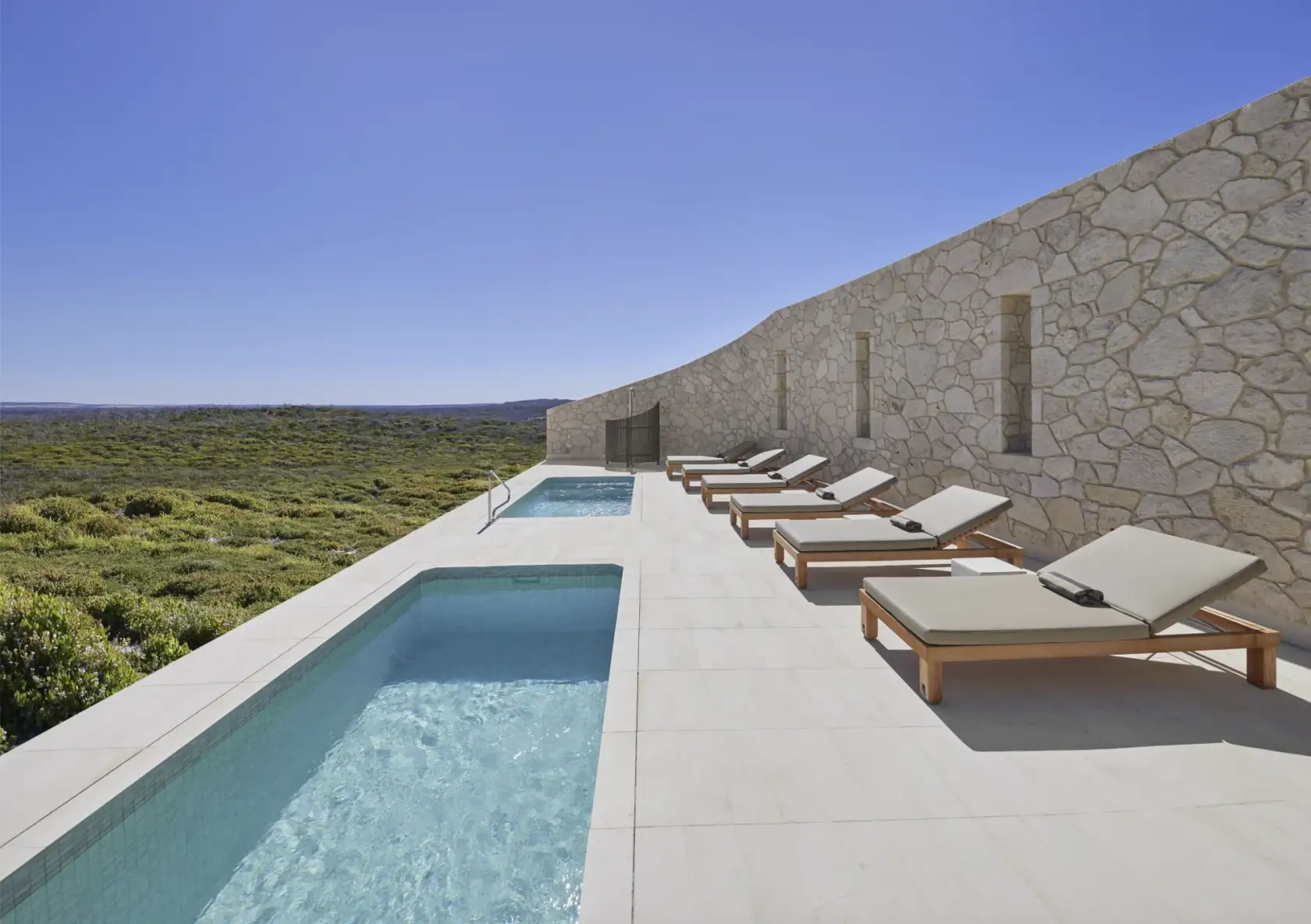

What makes concrete pools better?
So, you’re thinking about putting in a pool but haven’t decided on which one to get. There are many excellent options in the market and it can be confusing. A pool is a big and long-term investment and will take time, resources and money. Of course, it would be natural to question and wonder which pool you should select for your home. You need to understand the pros and cons of every option before picking one. Whether you know about pools in detail, or are putting it in your home for the first-time and want to know more, you have come to the right place. The whole process of understanding pool life is made simple at Pool & Spa Life.
For many people concrete pools will be their first choice. And they are pretty popular among those who have pools in their homes. A concrete pool is made by spraying either gunite or shotcrete to create a concrete pool shell. Over time, this shell hardens and strengthens. This shell ultimately serves as your pool. This method of making a concrete pool gives it a strong foundation. If you are looking for a swimming pool you can build to last, look no further than concrete. Read on more to understand the benefits of a concrete pool.
Design your concrete pool as you want
The biggest advantage of a concrete pool is the flexibility in design. Concrete's main benefit is that it is extremely adaptable. Concrete pools allow you to adjust the size, form, and other elements to meet your specific needs. You can design your pool from scratch and give it the shape, length and depth that you want. This is a great option for every budget and area. If you are working with a limited budget or a small area, you can design your pool to be compact. With a larger budget or bigger area, you can easily design a pool that gives you more space.
Customise your concrete pool however you want
A great advantage of concrete pools is that they are flexible in design. This means that you have complete say over what you can put into your pool. Want to add a spa? You can add some well-placed lighting to improve the appearance and feel of your pool. Or are you looking to build a heated pool and need heating options? You can plan ahead and add all the features you want.
Concrete pools are very durable
Concrete pools are extremely durable. Sharp items will not cause damage to the pool structure, which can be a problem with other pools like vinyl-lined pools. So, feel free to bring your little furry babies into the pool because their nails will not harm the concrete if you allow them to swim in the pool. The structure of the pool is very secure and you can swim with ease. The durability of a concrete pool means that they are good long-term investments.
Excellent appearance
Concrete pools also look great. Concrete provides a typical pool appearance, and there’s something very classy about that traditional pool appearance. With a concrete pool, you do not have to worry about a liner bubbling or separating. And your pool can look as fresh and clean as the day it was installed if you keep up with concrete pool cleaning. You can even avoid algae and staining with regular maintenance.
Concrete pools can boost your resale value
If properly maintained, concrete pools can boost house resale prices. A pool represents a quality of life that potential homeowners will see as an investment. To that end, depending on the location of the house and the climate in the area, a pool may be a useful feature that increases the value of your home.
Find more information about concrete pools and more!
Concrete pool is one option for your home. With so many obvious advantages, there is no need to mull over the decision. A concrete pool is an investment that will last a long time and give you many happy memories. To learn about concrete pools in detail, read our essential guide here.
For more information or further questions, get in touch with our Australian and New Zealand teams. To assist you in making this decision, seek the advice of our specialist. On our 'Find a Provider' option, you may find contact information for your local member.
